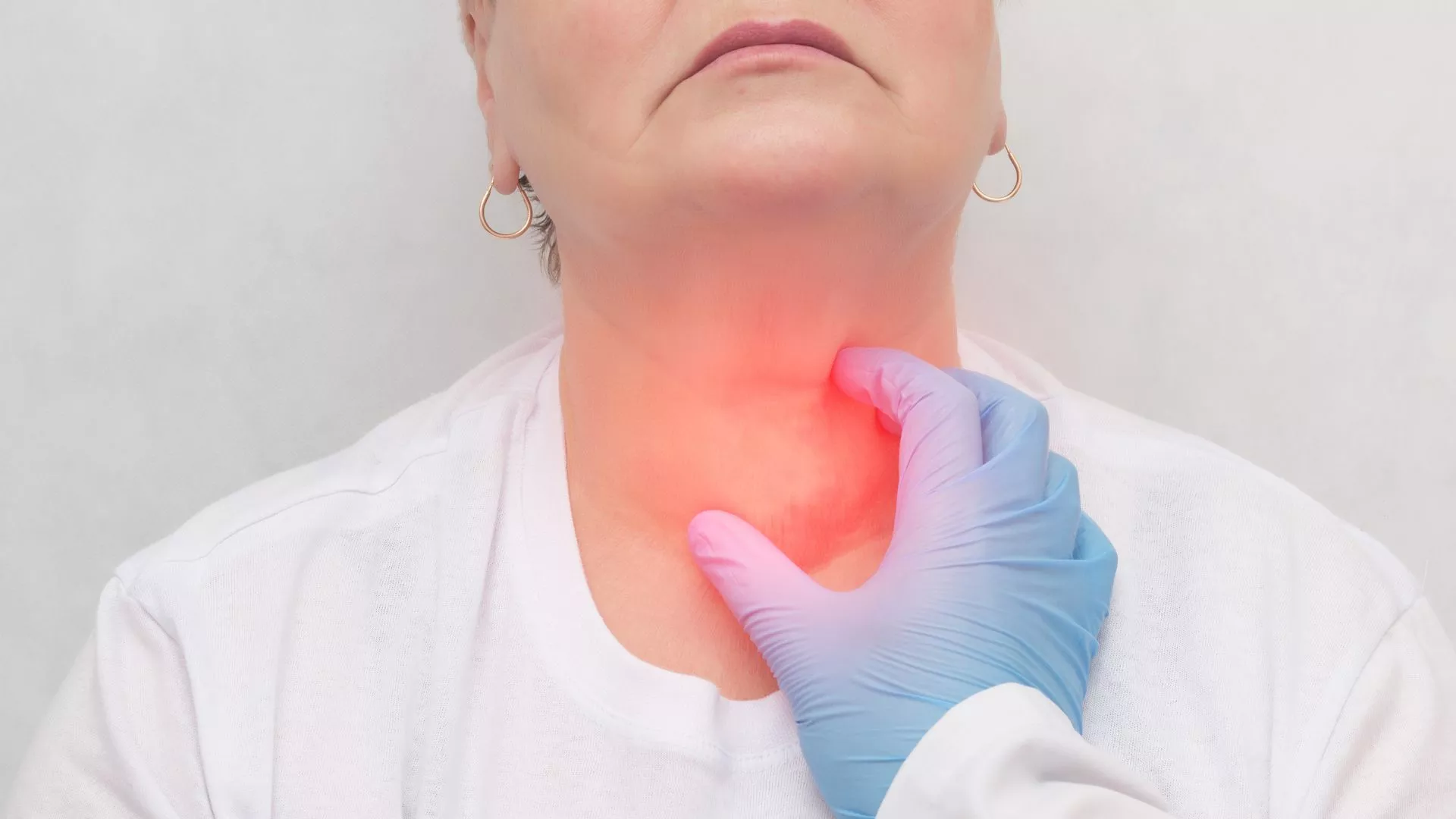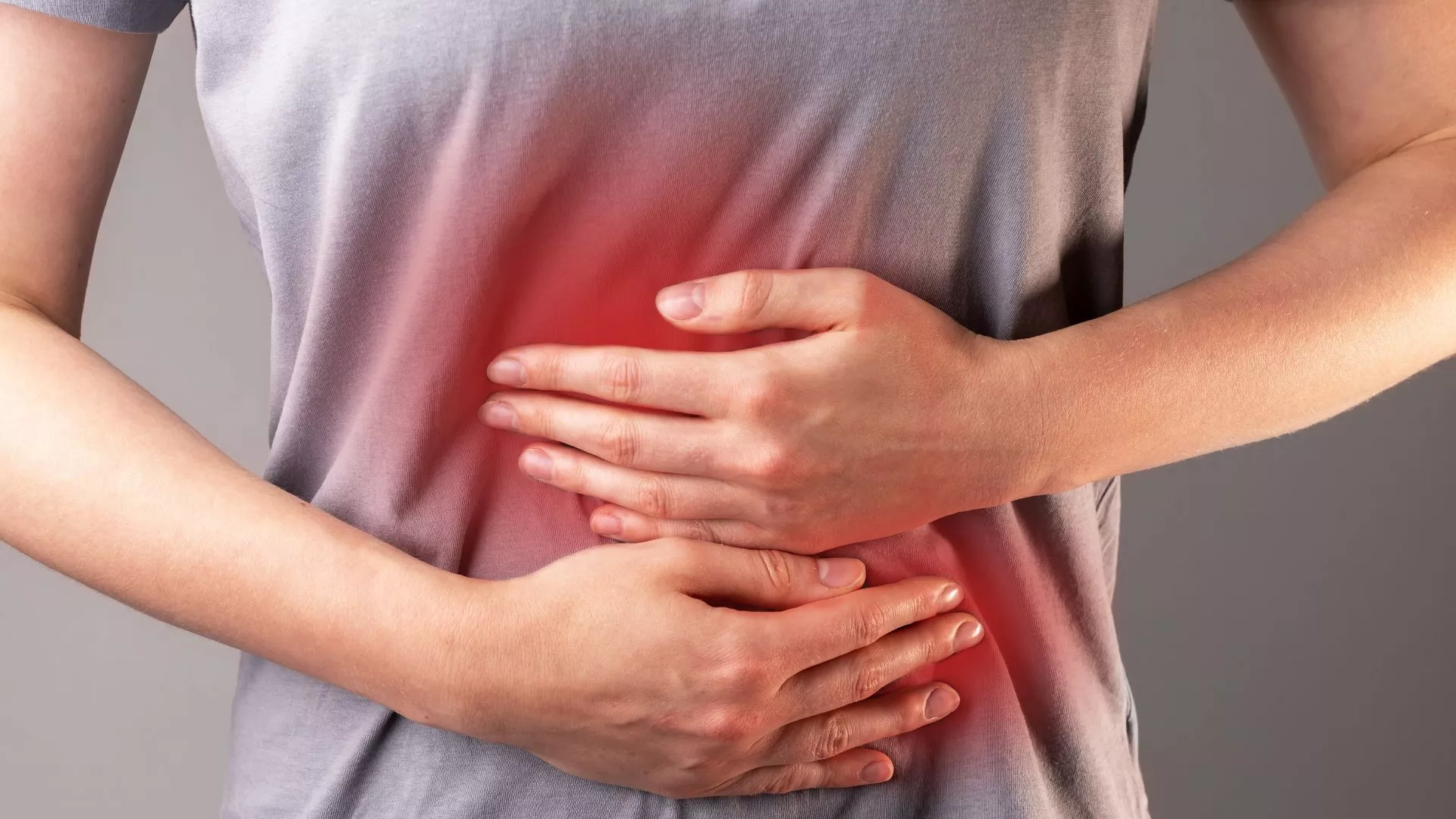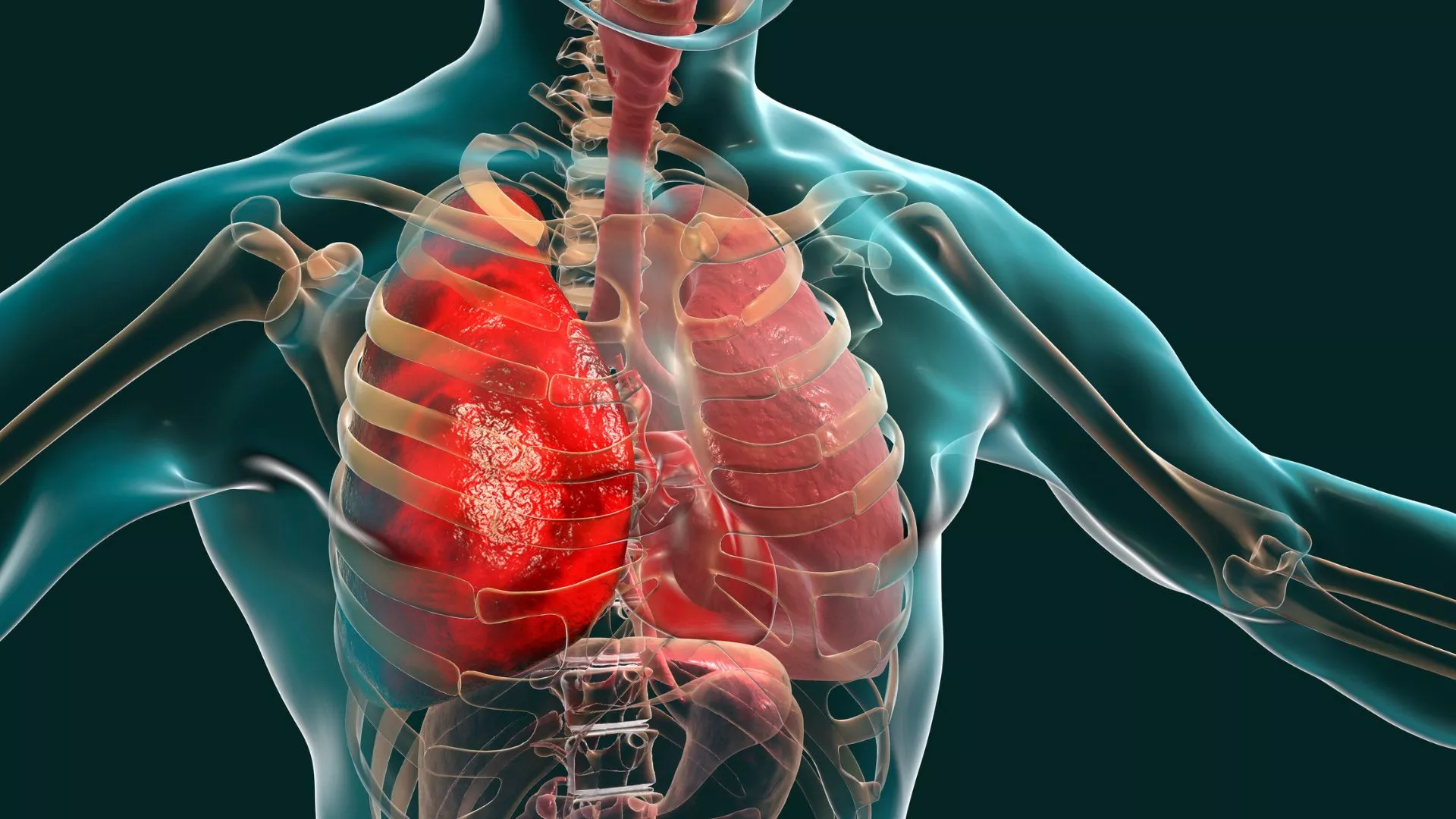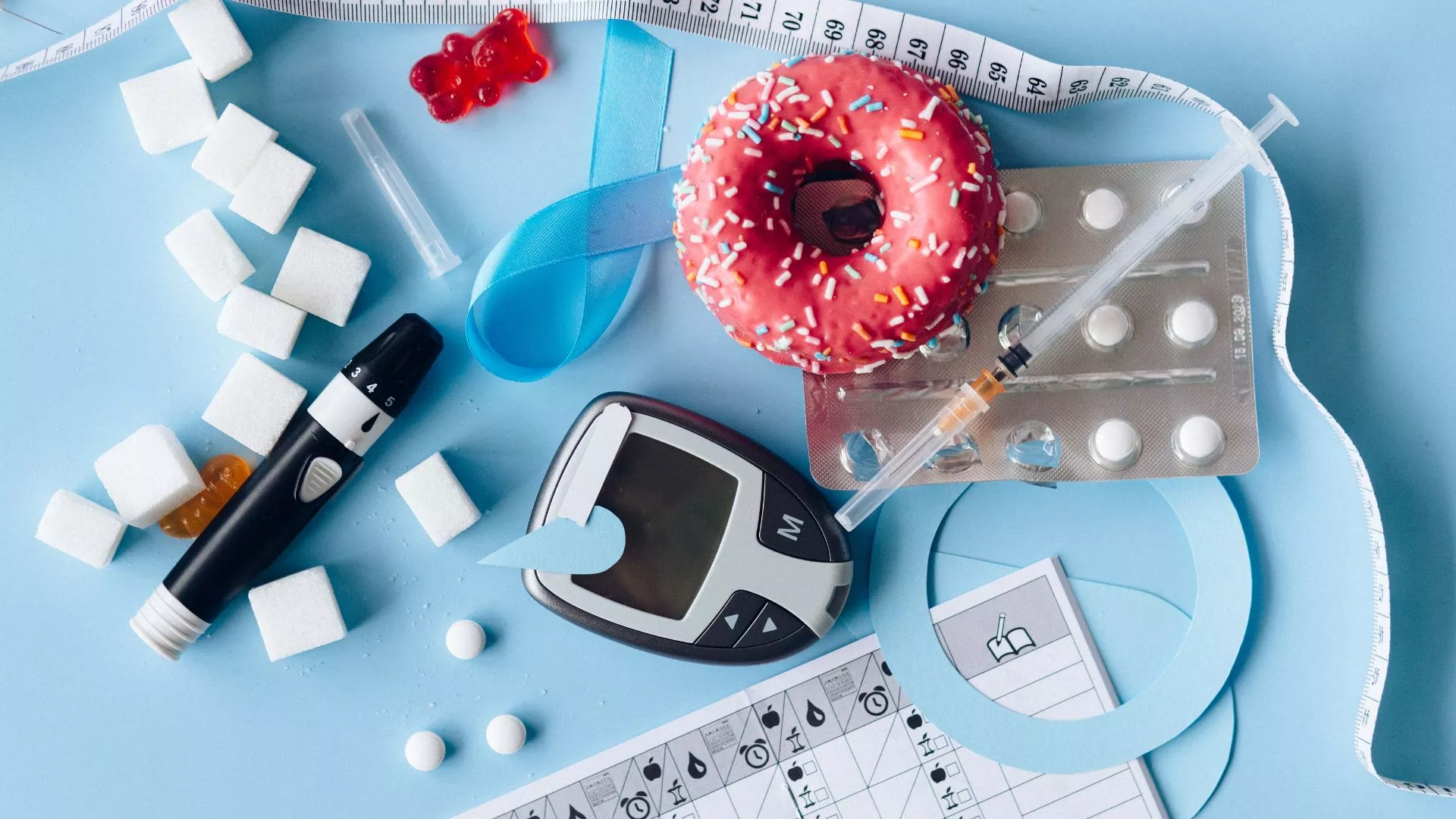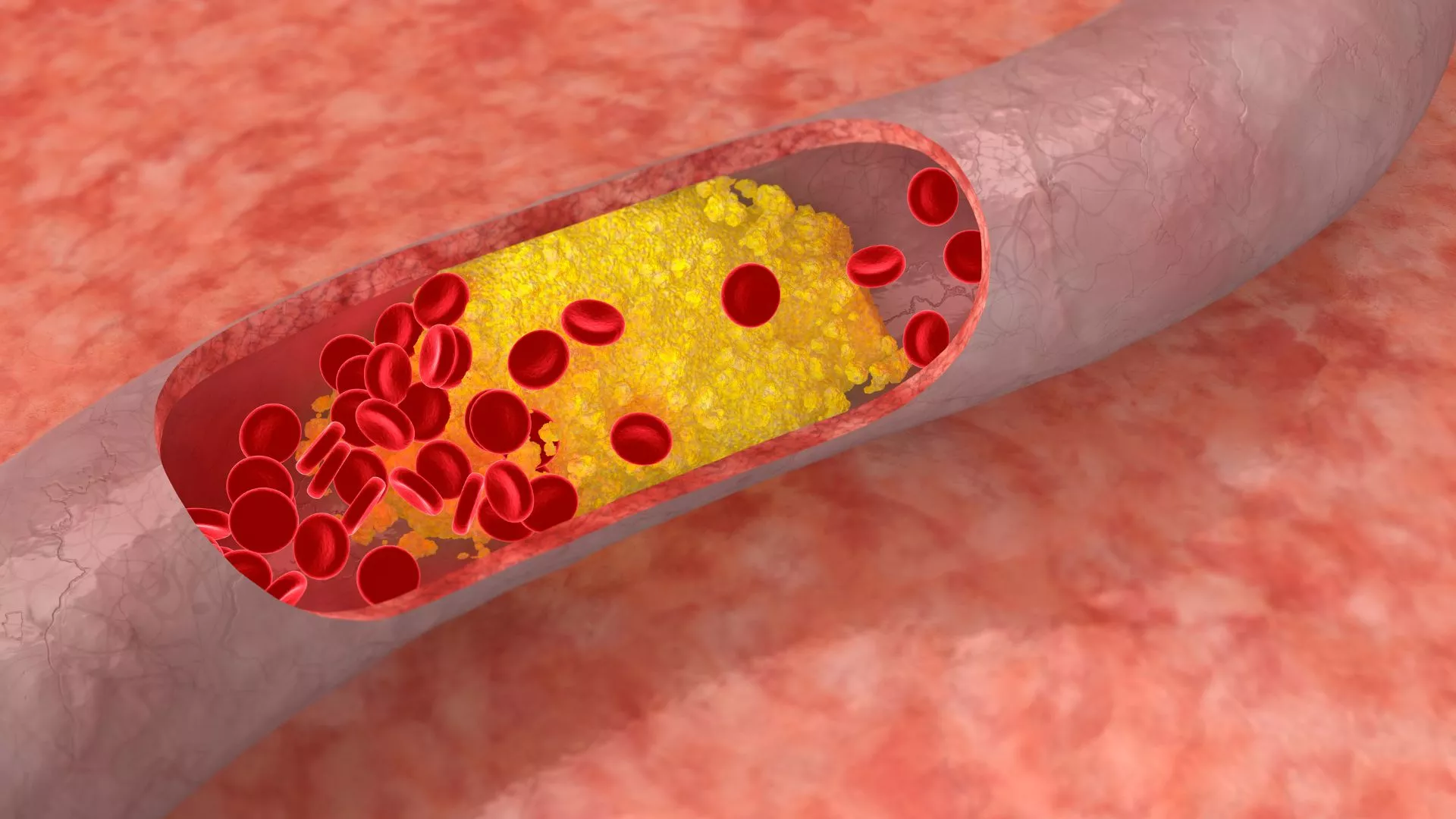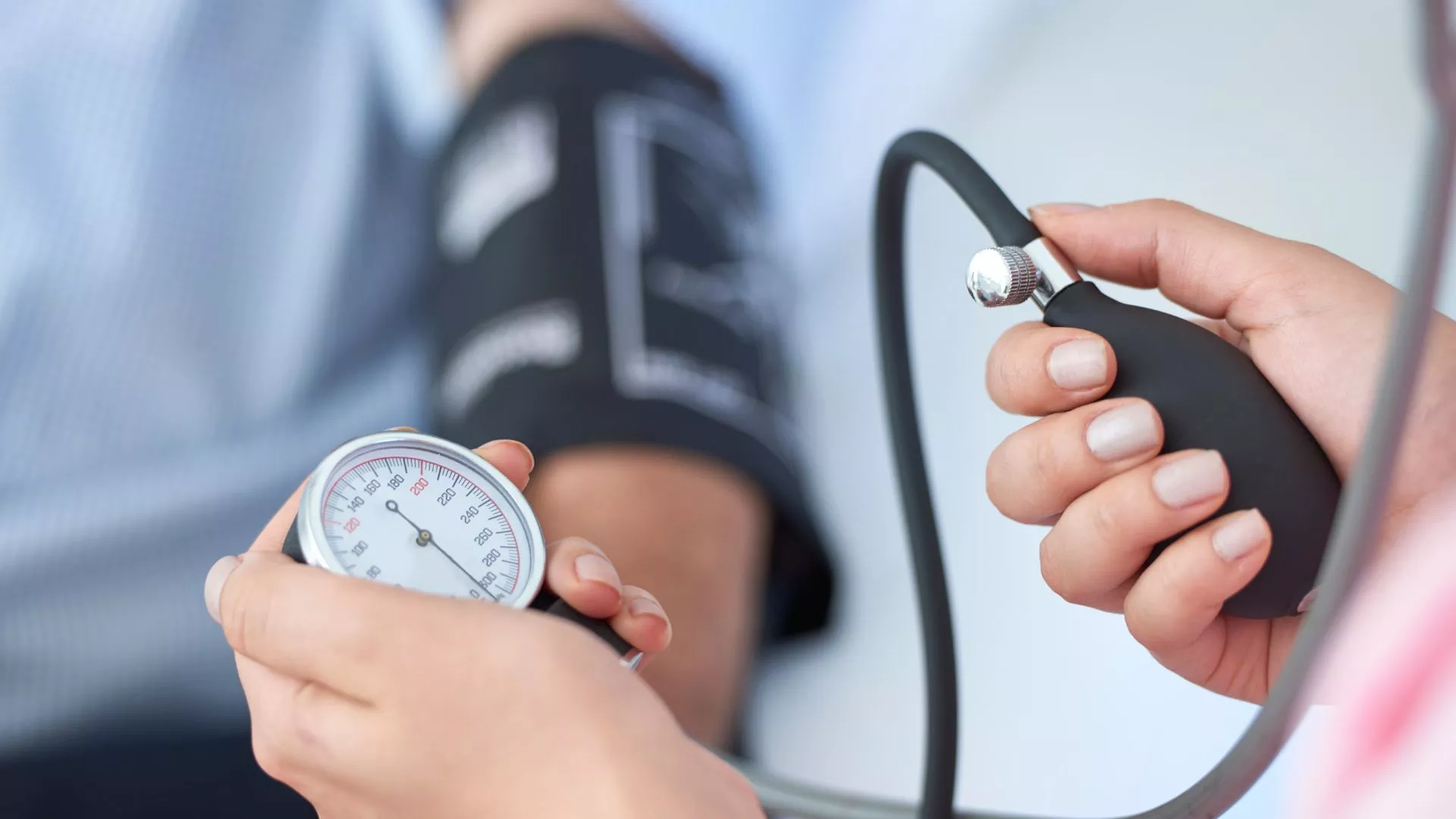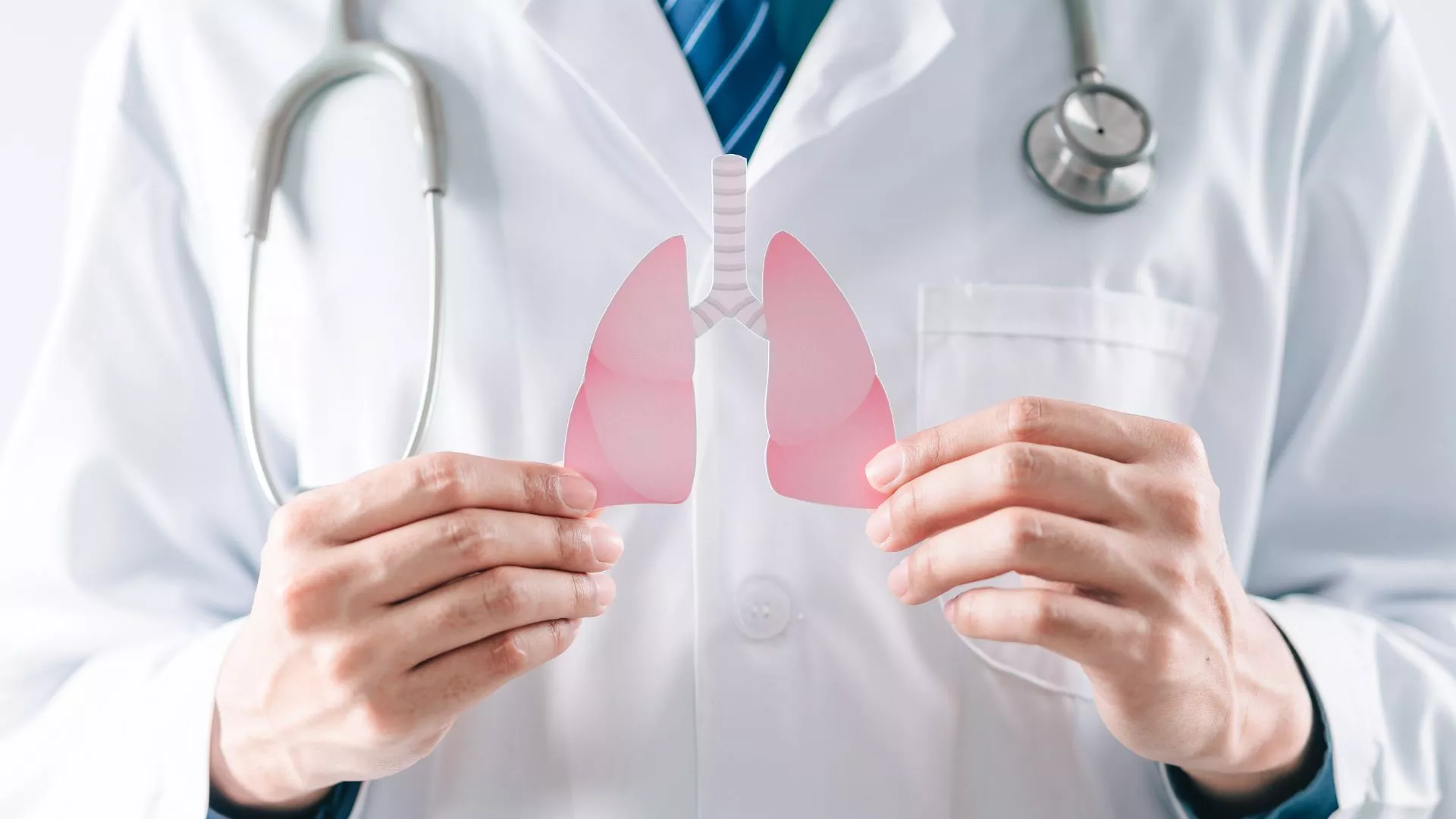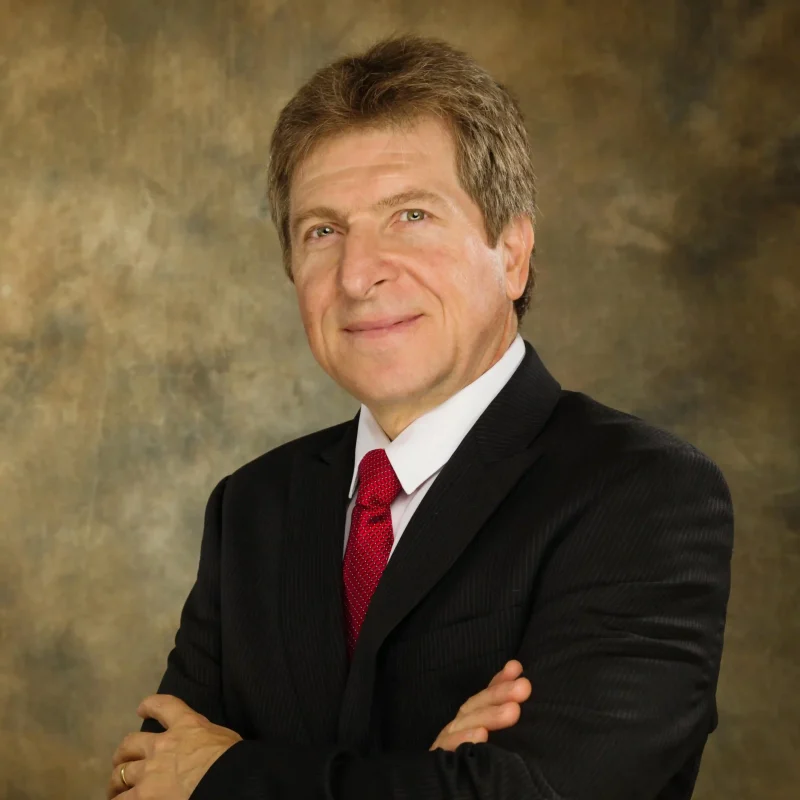
Hugo M Toro, MD, PA
Board Certified Internal Medicine located in Katy, TX
COPD (chronic obstructive pulmonary disease) is a serious and disabling condition that affects your breathing. The sooner you get treatment, the better your outlook, and Hugo M Toro, MD, PA, a board-certified internist, and his team can help. They can treat your COPD and help you give up smoking if that’s the cause of your condition. Call Dr. Toro’s practice in Katy, Texas, today to schedule a consultation.
COPD Q&A
What is COPD (chronic obstructive pulmonary disease)?
COPD or chronic obstructive pulmonary disease is a lung condition that affects airflow and causes breathing problems. Symptoms of COPD include:
- Shortness of breath
- Wheezing
- Chest tightness
- Bluish lips or fingernail beds (cyanosis)
- Frequent respiratory infections
- Lack of energy
- Swollen feet and ankles
When you have COPD, you might notice you need to clear your throat when you get up because of the excess mucus in your lungs. You could well have a chronic cough and bring up yellow, green, white, or clear mucus.
Unfortunately, COPD doesn’t usually start causing symptoms until there’s substantial lung damage.
What causes COPD?
The primary cause of chronic obstructive pulmonary disease in the United States is smoking. Long-term smoking affects the elasticity of the bronchial tubes in your lungs, which means they expand too much when you breathe in. When you breathe out again, the overinflated bronchial tubes trap air inside your lungs.
Not all smokers get COPD – only 20-30% of smokers end up developing the condition. It’s likely there’s a genetic influence at work that makes some smokers more susceptible to COPD.
There is a specific genetic condition that can cause chronic obstructive pulmonary disease in about 1% of cases. This condition causes a deficiency of the protein alpha-1-antitrypsin (AAT), which is supposed to protect the lungs.
COPD can also be due to long term exposure to other irritants, such as:
- Air pollution
- Dust
- Smoke
- Chemical fumes
Emphysema and chronic bronchitis are likely to contribute to COPD. Emphysema destroys the delicate walls of the air sacs in your lungs, called alveoli. Chronic bronchitis is an inflammation in your bronchial tubes that results in increased production of mucus.
Both these conditions affect the airflow exiting your lungs and cause the breathing difficulties associated with COPD.
How is COPD treated?
If you smoke, the single most important action you can take is to quit. Your COPD will continue to worsen if you don’t, making it increasingly hard for you to breathe. If you need help with smoking cessation, the team at Hugo M Toro, MD, PA, can help.
There are numerous aids to help you quit smoking, and they can support and advise you throughout the process. Other treatments that can help ease the symptoms of COPD include:
- Bronchodilators
- Inhaled steroids
- Combination inhalers
- Oral steroids
- Phosphodiesterase-4 inhibitors
- Theophylline
- Antibiotics
- Oxygen therapy
- Pulmonary rehabilitation program
- AAT supplementation
Chronic obstructive pulmonary disease can lead to heart disease, lung cancer, pulmonary hypertension, and depression. If you’re having chronic breathing problems or need help to stop smoking, call Hugo M Toro, MD, PA, today to schedule a consultation.
More Information
For more information about COPD treatments, Hugo toro, MD, PA recommends the following sources:
